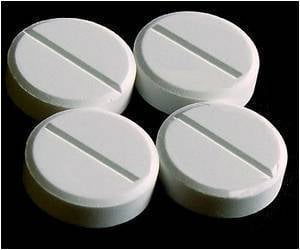
‘SGLT2 inhibitors improve cardiovascular and kidney outcomes in patients with type 2 diabetes and FSGS patients.’
Read More..Tweet it Now
Study found that dapagliflozin markedly reduces the risk of progressive loss of renal function in patients with chronic kidney disease (CKD), both in the presence and in the absence of diabetes mellitus.Read More..
The trial included 115 participants with FSGS randomized to receive either 10 mg dapagliflozin (n=53) or placebo (n=62) on top of standard treatment.
Primary endpoint included a ?50% decrease in eGFR, reaching dialysis requirement, or cardiovascular death. In the present analysis, the course of kidney function (eGFR) was specifically investigated during the median 2.4-year follow-up.
The FSGS patients were 53.7±13.9 years old, had a glomerular filtration rate of 41.6±11.6 ml/min/1.73 m2 and a median urinary protein excretion of 1553 (758-2257) mg/g.
Four out of 53 patients on dapagliflozin and nine out of 62 patients on placebo reached the primary endpoint. Initial eGFR decline occurred (eGFR dip of -4.5 ml/min/1.73m2 in the dapagliflozin group compared to -0.8 ml/min/1.73m2 in the placebo group).
Advertisement
The results of several previous studies have demonstrated that SGLT2 inhibitors improve cardiovascular and kidney outcomes in patients with type 2 diabetes.
Advertisement
'SGLT2 inhibitors offer a new therapeutic option in the field of nephrology and are likely to be used more extensively in future, both in diabetic and non-diabetic kidney diseases.
They also reduce the risk of cardiovascular diseases, which are important comorbidities in this patient population.'
Source-Medindia












